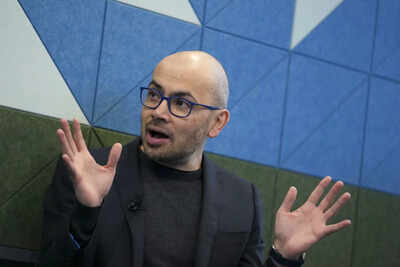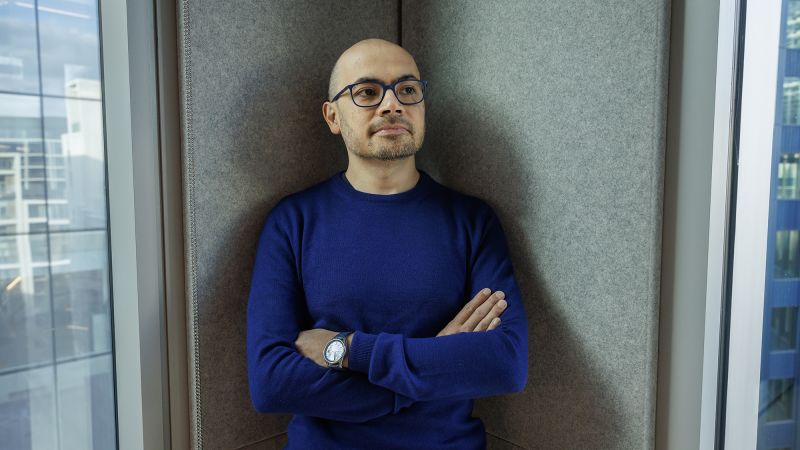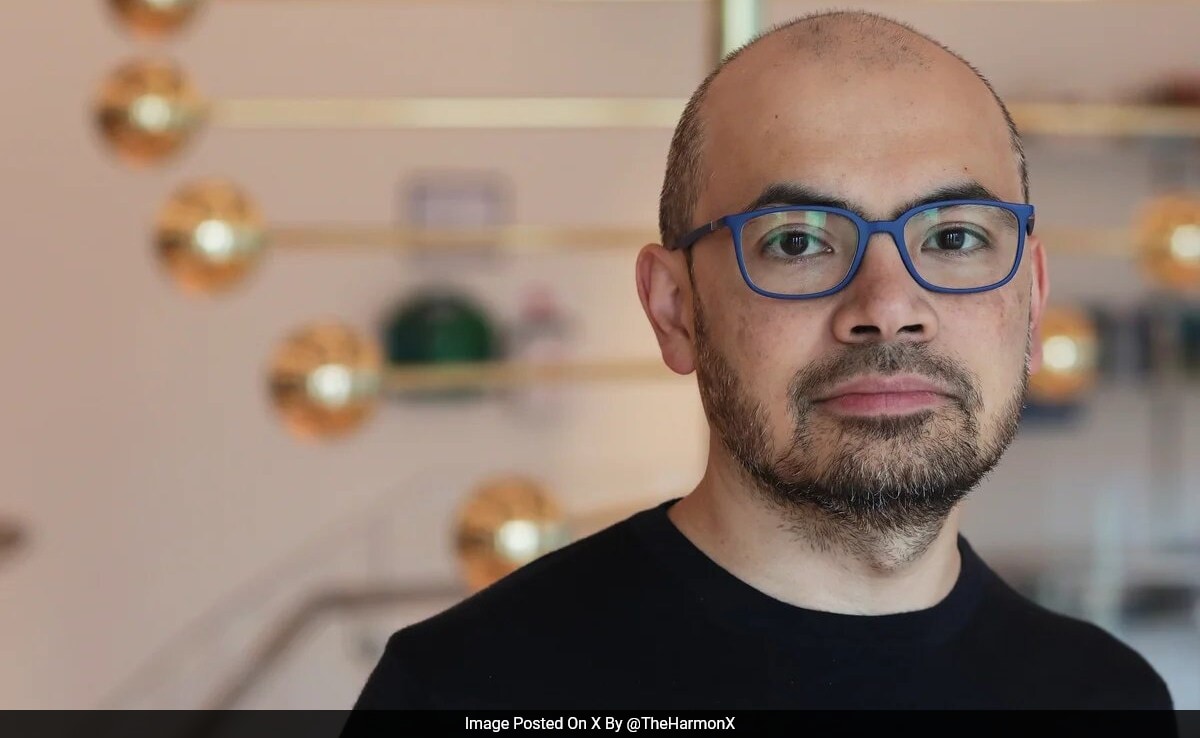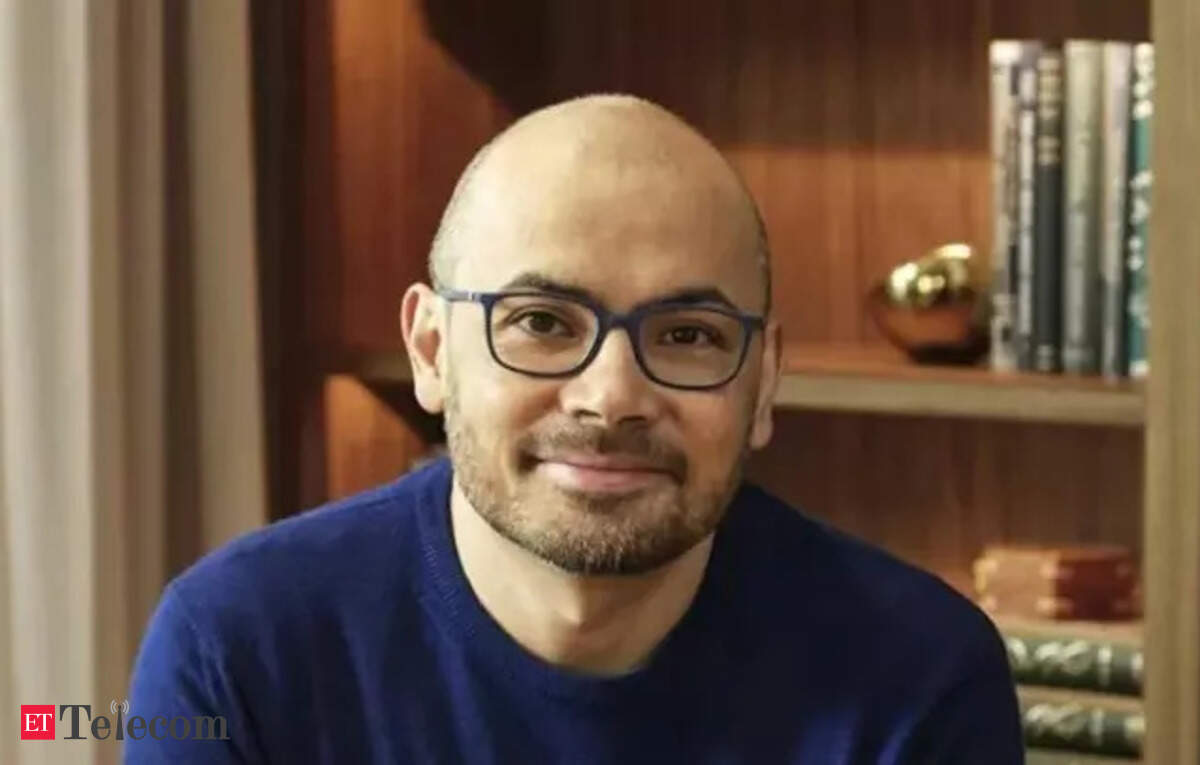Google AI CEO Demis Hassabis: If I were a student right now, I would study ... - The Times of India

Demis Hassabis, Nobel Prize winner and cofounder and CEO, Google DeepMind
Google DeepMind
CEO and Nobel laureate
Demis Hassabis
says he would still prioritize
STEM subjects
if he were a student today, despite artificial intelligence's rapid transformation of the job market. Speaking at SXSW London on Monday, Hassabis emphasized that understanding mathematical and scientific fundamentals remains crucial even as AI reshapes entire industries."It's still important to understand fundamentals" in mathematics, physics, and computer science to comprehend "how these systems are put together," Hassabis said. However, he stressed that modern students must also embrace AI tools to remain competitive in tomorrow's workforce.Hassabis predicts AI will create "new very valuable jobs" over the next five to 10 years, particularly benefiting "technically savvy people who are at the forefront of using these technologies." He compared AI's impact to the Industrial Revolution, expressing optimism about human adaptability despite widespread job displacement concerns.
Beyond traditional education, Hassabis recommended that students gain practical experience with cutting-edge AI systems. "I'd also be experimenting with all the latest AI systems and tools and seeing what's the best way of utilizing them and making use of them in useful and novel ways," he explained.The DeepMind leader believes today's children will become "AI native" similar to how previous generations grew up with the internet. This technological fluency will be essential as companies increasingly use AI for tasks like coding, with major tech firms including Meta, Microsoft, and Google already implementing these tools.At Google's recent I/O developer conference, Hassabis and Google cofounder Sergey Brin predicted artificial general intelligence—when AI matches or exceeds human capabilities—could arrive around 2030. This timeline underscores the urgency for students to prepare for an AI-dominated future.While some companies are reducing hiring for AI-replaceable roles, Hassabis maintains that the technology will ultimately "supercharge" workers who understand how to leverage these powerful new tools effectively.











